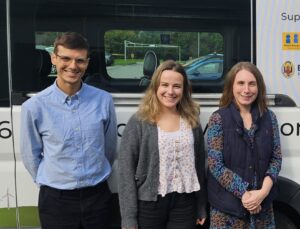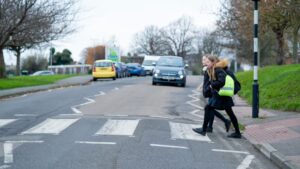London borough should have the powers to raise funds for improved transport and active travel infrastructure, suggesting that until then they should make more funding available.
This as one of several key recommendations made by the Centre for London aimed at candidates for the mayoral elections
For economic benefits, it is suggested that the Government work with TfL to improve the reliability and frequency of public transport in outer London, where twice as many journeys are by car than in inner London.
The group has also called for the legalisation of privately own e-scooters and that shared micro-mobility schemes be opened across the whole of London to provide more consistency. It also suggests that public transport fares should be frozen until inflation has returned to its target level.
Focusing on micro-mobility, the report recommends new kerbside strategies to find space for cycle hangars, shared micromobility schemes, and car club vehicles, while at the same time removing street clutter on London’s streets: banning A-boards and removing redundant telephone boxes.
The mayor is also asked to work with transport operators to integrate payment between shared transport such as e-bikes and car clubs with public transport, to make it easier for people to use mixed modes of shared transport.
A single charging scheme should also be introduced to replace ULEZ, LEZ and the Congestion Charge and designed so that driving a private car remains more expensive than using public transport, even for short distance journeys in lower-emission vehicles. They suggest that this could be done by introducing a minimum charge of at least a single bus fare for any trips driven in a private car
Bus routes and other transport infrastructure should be put in place before new developments are completed, so that new residents don’t need to resort to private cars.






















